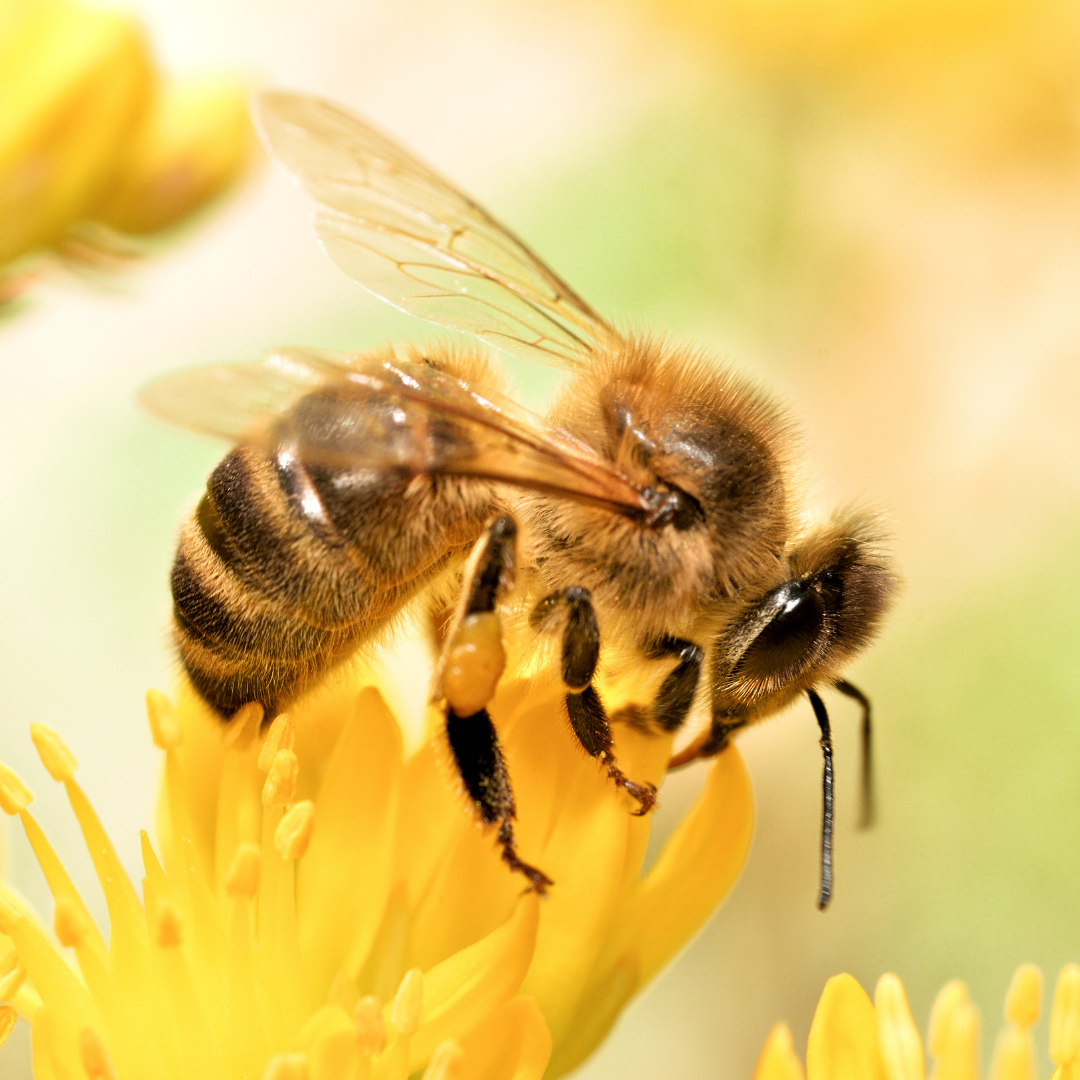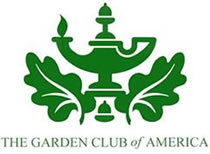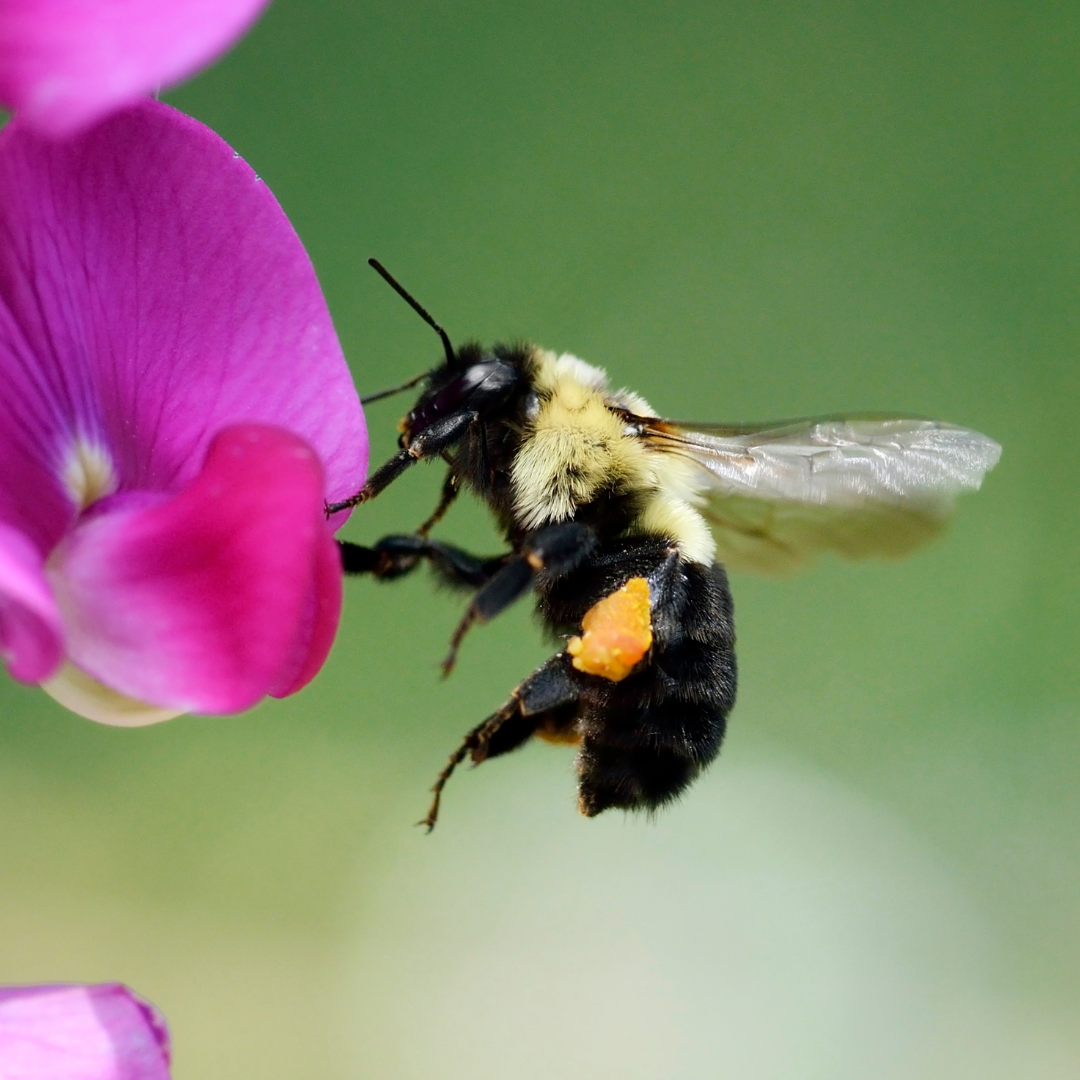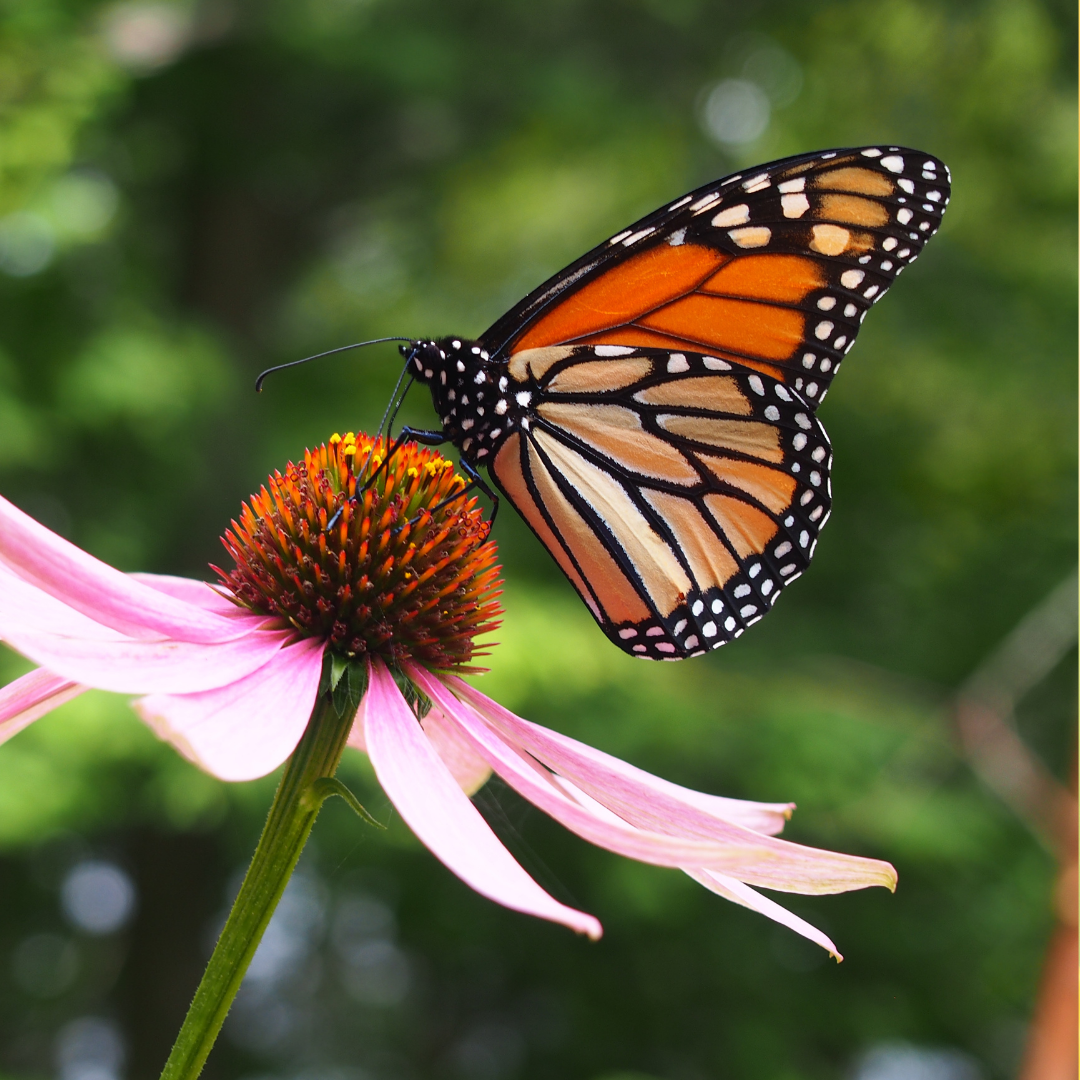Pollinator Partnership Grant Opportunities
Pollinator Partnership offers a variety of grant opportunities to help you achieve your conservation goals.
Honey Bee Health Improvement Project

The Honey Bee Health Improvement Project focuses on ways to help Honey Bees and beekeepers. In the absence of Colony Collapse Disorder, this task force will seek out and secure funding for innovative and important work to understand and promote genetic stock improvements, understand and promote best management practices for commercial beekeeping, and promote forage opportunities for colonies on public and private land.
Application window is now OPEN.
Learn MoreThe Garden Club Of America Board Of Associates Centennial Pollinator Fellowship

The Garden Club of America (GCA) Board of Associates Centennial Pollinator Fellowship provides funding to a current graduate student to study the causes of pollinator decline, in particular bees, bats, butterflies and moths, which could lead to potential solutions for their conservation and sustainability. The GCA Board of Associates Centennial Pollinator Fellowship annually funds one or more graduate students enrolled in U.S. institutions (scholar must be a US citizen or green card holder). Funding may vary in amount, but normally will be in the range of $4,000 for study and research that will advance the knowledge of pollinator science and increase the number of scientists in the field.
Application window is now OPEN.
Learn MoreCall For Research Proposals Related To Imperiled Bombus Conservation

The Imperiled Bombus Conservation Task Force is seeking proposals for research related to improving the recovery and persistence of imperiled Bombus species. Proposals should focus on evaluating the effects of stressors on bumble bees, enhancing knowledge of bumble bee historical/current geographical distribution, biology and ecology, contributing to improved monitoring practices, or utilizing emerging techniques to best conserve imperiled bumble bees.
Imperiled Bombus includes species currently defined by the International Union for Conservation of Nature (IUCN) as critically endangered, endangered, or vulnerable. Imperiled North American species currently include B. affinis, B. ashtoni/bohemicus, B. caliginosus, B. crotchii, B. fervidus, B. franklini, B. fraternus, B. morrisoni, B. occidentalis, B. mckayi, B. mexicanus, B. pensylvanicus, B. suckleyi, B. terricola, B. variabilis, B. brachycephalus, B. haueri, B. medius, B. steindachneri, and B. diligens.
The 2025-26 grant cycle is now OPEN.
Learn MoreLepidoptera Conservation Grant

There are estimated to be up to 20,000 species of butterflies worldwide, providing pollination and ecosystem services of a diverse variety. The number of moth species globally expands by a factor of 10, to approximately 190,000 species. Although the beauty and complexity of these animals captures people’s imaginations and encourages actions to help protect them, the role of these species as pollinators is largely unknown. Unlike the life cycles of bee species, which are complex in their own right, Lepidoptera species experience shifts in diet and function, and relationships with specific plants and habitat elements at each. We at NAPPC have established a goal to build more knowledge and understanding of the crucial role of Lepidoptera in our ecosystems.
The 2025-26 grant cycle is now OPEN.
Learn More